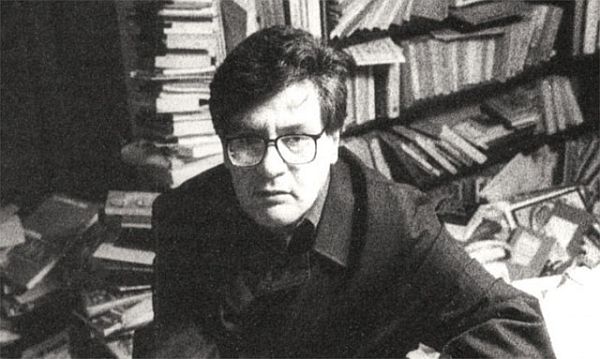Mexico City — Jose Emilio Pacheco, widely regarded as one of Mexico's foremost poets and short story writers, died Sunday at age 74, the country's National Council for Culture and the Arts announced on its official Twitter account.
President Enrique Peña Nieto also mourned Pacheco with his own tweet after Pacheco's daughter confirmed the death to local journalists.
The poet, novelist, journalist, essayist and literary critic came to be seen as a leading representative of the generation of Mexican writers that came of age in the late 1950s and 1960s. He was best known for bittersweet accounts of adolescents growing up in a less crowded, but corrupt and unjust Mexico of the 1940s and '50s. He was particularly noted for the 1981 novel Las Batallas en el Desierto, or "Battles in the Desert," a story of boy's infatuation with the mother of one of his classmates.
Born June 30, 1939, in Mexico City, Pacheco began publishing his writing as a teenager, and in 1957 began publishing the literary magazines "Estaciones" with fellow university students Carlos Monsivais and Sergio Pitol, according to an official biography published when he won the Cervantes Prize, the Spanish-speaking world's highest literary honor.
His first collection of stories was published in 1958. He followed with a series of poems and story collections in the 1960s, and became editor of "Culture," one of most important literary publications in Mexico during the 1960s and published a widely praised series of prose and poetry over the next decades.
In 2009, Pacheco won the Cervantes Prize, considered to be the Nobel prize of Spanish-speaking literature. He was also awarded nearly two dozen other literary prizes from governments and cultural institutions in Mexico and other Spanish-speaking countries.
Jose Antonio Pascual Rodriguez, a member of the Cervantes Prize jury and representative of the Spanish Royal Academy, called Pacheco "an exceptional poet of daily life, with a depth, a freedom of thought, an ability to create his own world, an ironic distance from reality when it's necessary, and a linguistic use ... that is impeccable."
Pacheco also taught literature at universities in the United States, Britain and Canada and translated works by Samuel Beckett, Tennessee Williams and T.S. Eliot.
Original article


